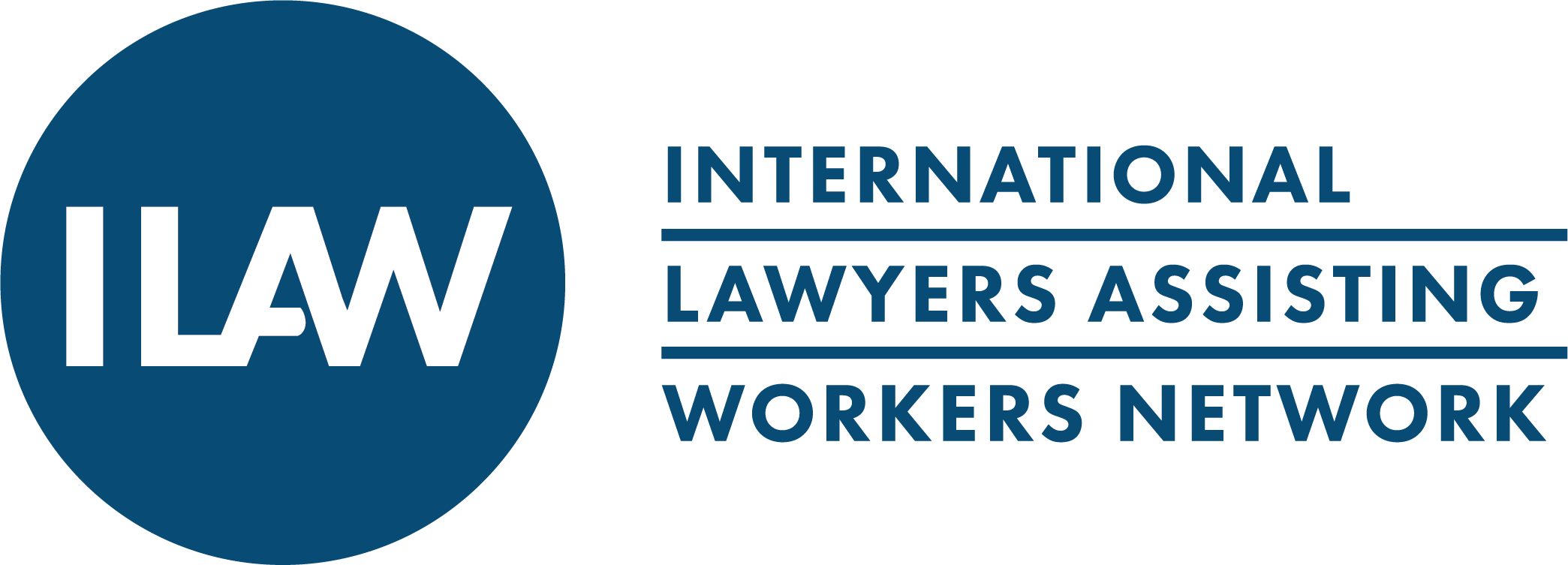Memoranda of understanding (MoUs) and bilateral labor agreements (BLAs) are important instruments between the countries of origin and countries of destination. They help regulate labor migration, protect migrant workers’ rights …
Global (No Region or Country)
OHCHR Accountability and Remedy Project
A repository for the Human Rights Commission’s recently undertaken Project that “aims to deliver credible, workable guidance to States to enable more consistent implementation of the UN Guiding Principles on …
Unpacking the Category of Migrant Workers in Trade Union Research: A Multi-Level Approach to Migrant Intersectionalities
This article debates on the use of intersectionality in employment relations research, applying such sensitivity to the field of migrant labor and showing how migration status is an inescapable category …
Violence and Informal Work
In light of the ILO standard setting item on the International Labour Conferences (ILCs) 2018 and 2019: “Violence and harassment against women and men in the world of work,” this …
Rebalancing Worker Rights and Property Rights in Digitalised Work
This chapter examines how companies appeal to property rights to limit the scope of labour legislation, focusing on disputes over employment status involving service work and work coordinated through digital …
A Bitter Harvest: Child Labor and Human Rights Abuses on Tobacco Farms in Zimbabwe
Human Rights Watch research in 2016 and 2017 into conditions on tobacco farms in Zimbabwe revealed an industry tainted by child labor and confronted by other serious human rights problems …
New Human Rights Case Alleging Deception of Consumers Filed Against Food Companies (This Time on the East Coast) (Mar. 6, 2018)
Details a new class action suit (Tomasella v. Hershey Co.) filed in Mass. federal court and alleging human rights violations in association with cocoa processing supply chains. The legal theory …
FUNDAMENTAL LABOUR RIGHTS, PLATFORM WORK AND HUMAN-RIGHTS PROTECTION OF NONSTANDARD WORKERS
The spread of non-standard forms of employment in industrialised and developing countries over the last decades has prompted an extensive debate on how to reshape labour regulation to accommodate these …
Cases handled by the National Contact Points for the OECD Guidelines for Multinational Enterprises, 2001-2017 summary
This two-page flyer notes that the majority of cases submitted to National Contact Points (NCP) have dealt with employment and worker issues (55%). The majority of those cases arise from …
Informal Is the New Normal — Improving the Lives of Workers at Risk of Being Left Behind
The paper first considers the nature and size of the informal economy (targeting self-employed workers, wage workers, etc.) and suggests policies to increase benefits and lower costs. https://www.odi.org/sites/odi.org.uk/files/resource-documents/11993.pdf

International Lawyers Assisting Workers Network
c/o Solidarity Center
1130 Connecticut Ave, NW 8th Floor
Washington DC, 20036
